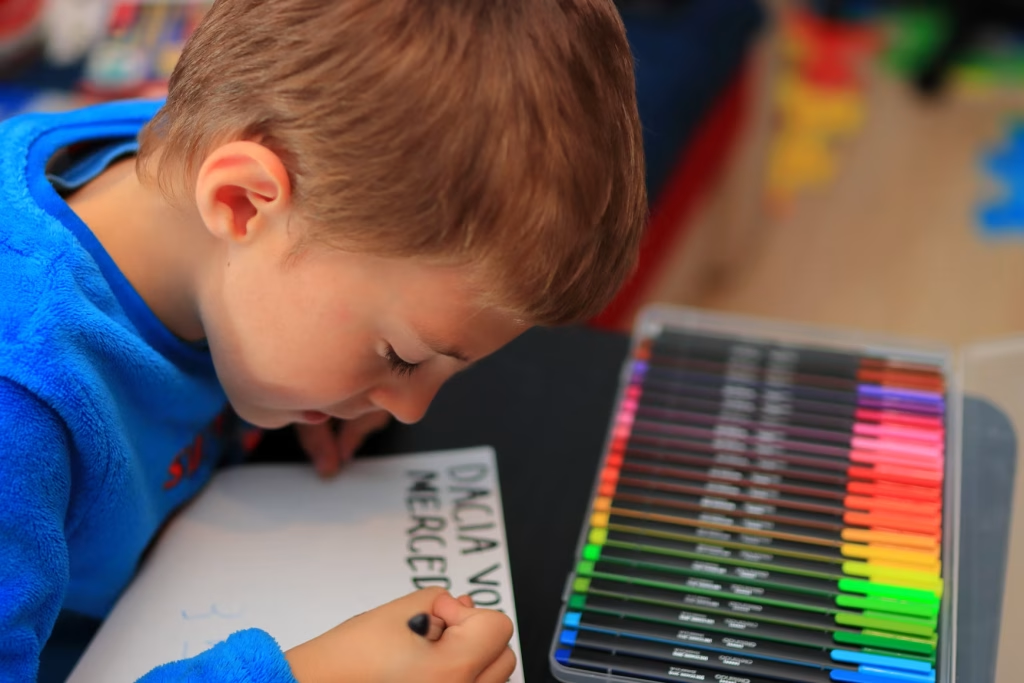
Parents pour their hearts into doing what’s best for their children—reading the books, following expert advice, and drawing from their own upbringing. But what if everything you knew about parenting was wrong? What if the time-outs, praise-heavy routines, or rigid schedules are actually working against your goals? Modern research is flipping some of the most trusted parenting strategies on their heads. If you’re open to rethinking old habits and discovering new ways to support your child’s growth, it might be time to challenge what you thought you knew.
1. Praise Isn’t Always Powerful
We’ve all been told to praise kids for every effort: “Good job!” “You’re so smart!” But studies now suggest that too much praise—especially praise focused on traits instead of effort—can backfire. Children who are constantly praised may develop a fear of failure or tie their self-worth to external approval. Rather than encouraging resilience, excessive praise might make kids less likely to take risks. Try shifting to encouragement that highlights process and persistence, like “You worked really hard on that.”
2. Time-Outs May Not Teach What You Think
Time-outs have long been the go-to for discipline, but new research suggests they may not be as effective as we once believed. While they can stop immediate misbehavior, time-outs often miss the mark when it comes to teaching self-regulation. Some children feel rejected or confused by time-outs, especially if there’s no follow-up discussion. More collaborative approaches, like time-ins or calming corners, help children understand emotions and develop self-control. Reconsidering discipline strategies can create more connection, not less.
3. Helicopter Parenting Can Hurt Independence
Being involved in your child’s life is essential—but hovering over every move can limit development. Kids need space to solve problems, make choices, and even fail in order to build confidence and resilience. Helicopter parenting, while well-intentioned, can send the message that children aren’t capable of handling challenges. That lack of autonomy may show up later as anxiety or low self-esteem. Sometimes, the best thing a parent can do is take a step back.
4. Sleep Training Isn’t One-Size-Fits-All
If you’ve felt pressure to get your baby sleeping through the night using a certain method, you’re not alone. But what if everything you knew about parenting was wrong—especially when it comes to sleep? Not every baby responds to the same technique, and not every family is built for rigid sleep schedules. For some children, sleep training works wonders. For others, it causes stress and attachment issues. It’s okay to trust your instincts and respond to your child’s individual needs.
5. Kids Don’t Always Need to Be Entertained
It’s tempting to keep kids busy with structured activities, screen time, or toys galore. But research shows that boredom actually sparks creativity and problem-solving. Constant entertainment robs children of opportunities to learn how to manage downtime. Unstructured play teaches independence and resourcefulness—skills that are vital for long-term success. Instead of worrying about filling every moment, consider letting your child explore boredom and see what they come up with.
6. Emotional Outbursts Aren’t Just Misbehavior
Tantrums are often seen as bad behavior, but they’re actually a sign of overwhelmed emotions. When we view meltdowns as chances to teach emotional intelligence instead of punish, we give kids valuable tools for life. Validating their feelings without giving in to demands helps build emotional regulation. Staying calm and empathetic during these moments makes a bigger impact than yelling or threats. It’s about connection, not control.
7. Early Academics Might Not Be the Priority
Many parents worry about getting a head start with reading, math, and academic skills. But child development experts say social-emotional growth and play-based learning are more critical in early childhood. Pushing formal academics too early can create stress and reduce natural curiosity. Kids benefit from developing emotional readiness and executive functioning before sitting down with worksheets. Trust that learning through play builds a strong foundation for academic success later on.
8. “No” Doesn’t Need to Be the Default Answer
It’s easy to default to “no” when kids make messy, inconvenient, or strange requests. But saying yes more often—within reason—can build trust and promote independence. When children feel heard and empowered, they’re more likely to cooperate and less likely to act out. That doesn’t mean abandoning boundaries. It means being open to saying “yes” when it counts and letting kids make small choices that matter to them.
9. Your Parenting Style Isn’t Set in Stone
Parents often feel stuck between labels: authoritative, permissive, gentle, or traditional. But what if everything you knew about parenting was wrong—and your style could evolve over time? The best parenting approaches adapt to each child’s temperament, each family’s dynamic, and even changing seasons of life. There’s no perfect formula, just intentional growth. Give yourself permission to learn and adjust as needed.
10. Connection Is More Important Than Perfection
At the heart of every parenting decision is one simple truth: kids thrive on connection, not perfection. Chasing flawless parenting often leads to burnout, guilt, and stress. But showing up, apologizing when needed, and being emotionally present matters far more than getting everything right. Kids don’t need perfect parents—they need present ones. Leading with love, patience, and humility will always go farther than any “expert” tip.
Rethinking Everything Might Be the Best Thing You Do
Parenting is full of advice, much of it well-meaning but not always helpful. Taking a moment to pause and ask, “What if everything you knew about parenting was wrong?” can open the door to healthier, more authentic relationships with your kids. You’re allowed to grow. You’re allowed to change. And sometimes, questioning everything is the first step toward getting it right.
Have you ever had a parenting belief turned upside down? What surprised you the most? Share your story in the comments below!
Read More:
The Top 15 Parenting Myths Debunked by Child Psychologists
7 Ways Childhood Can Be Ruined by Overprotective Parents
Catherine is a tech-savvy writer who has focused on the personal finance space for more than eight years. She has a Bachelor’s in Information Technology and enjoys showcasing how tech can simplify everyday personal finance tasks like budgeting, spending tracking, and planning for the future. Additionally, she’s explored the ins and outs of the world of side hustles and loves to share what she’s learned along the way. When she’s not working, you can find her relaxing at home in the Pacific Northwest with her two cats or enjoying a cup of coffee at her neighborhood cafe.












